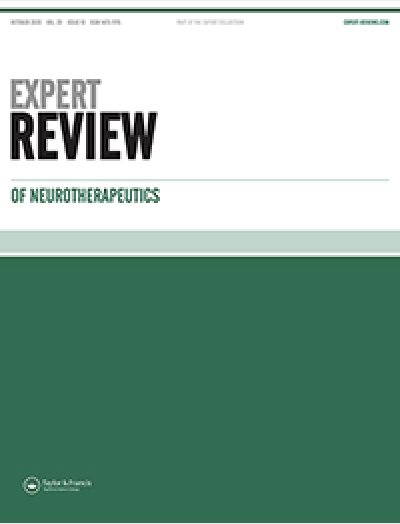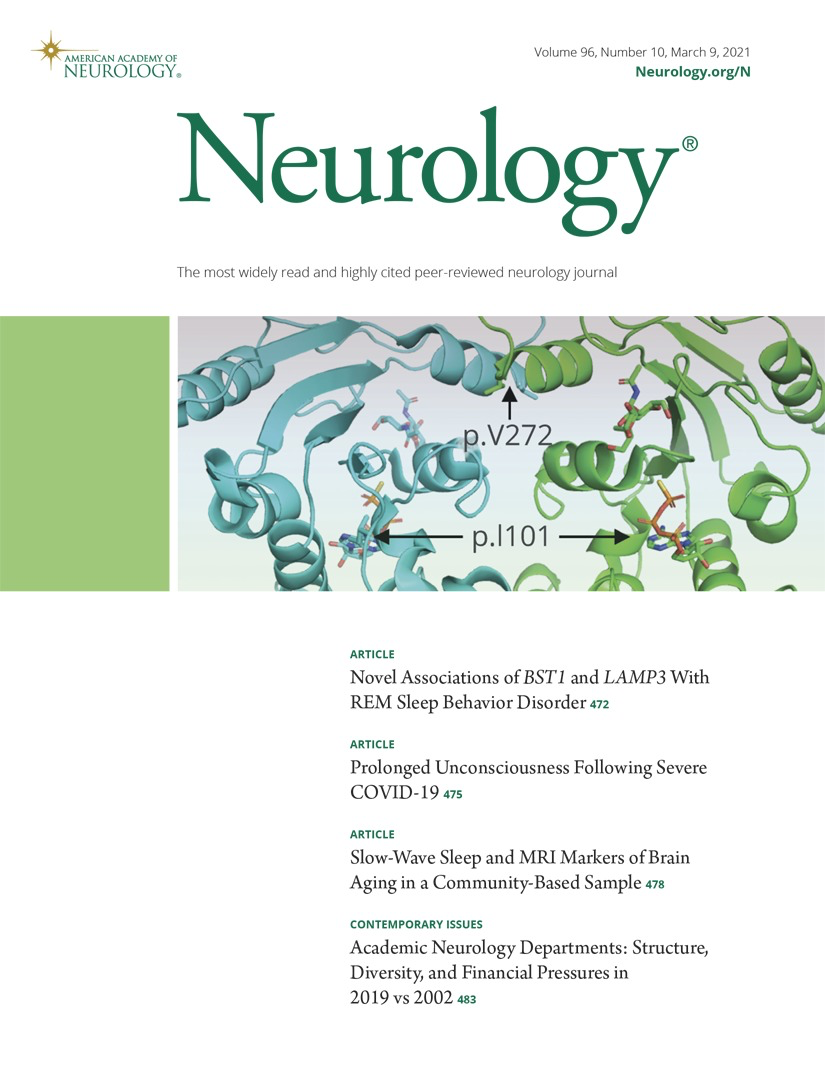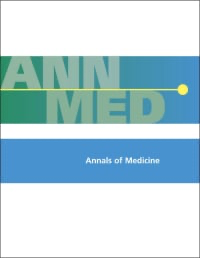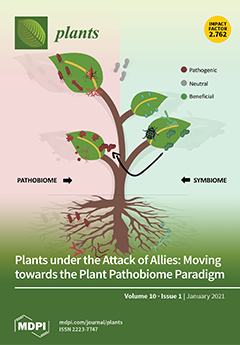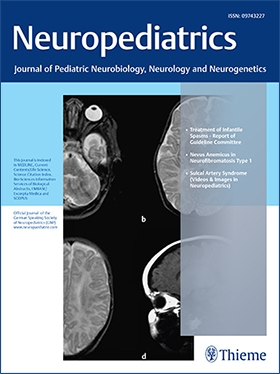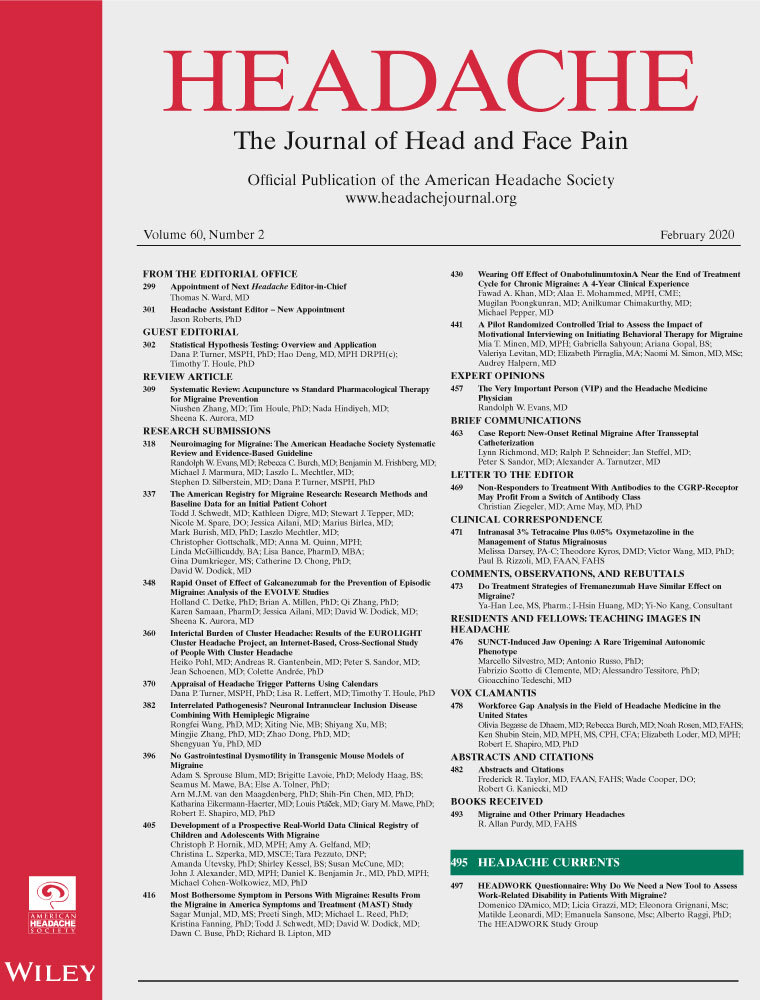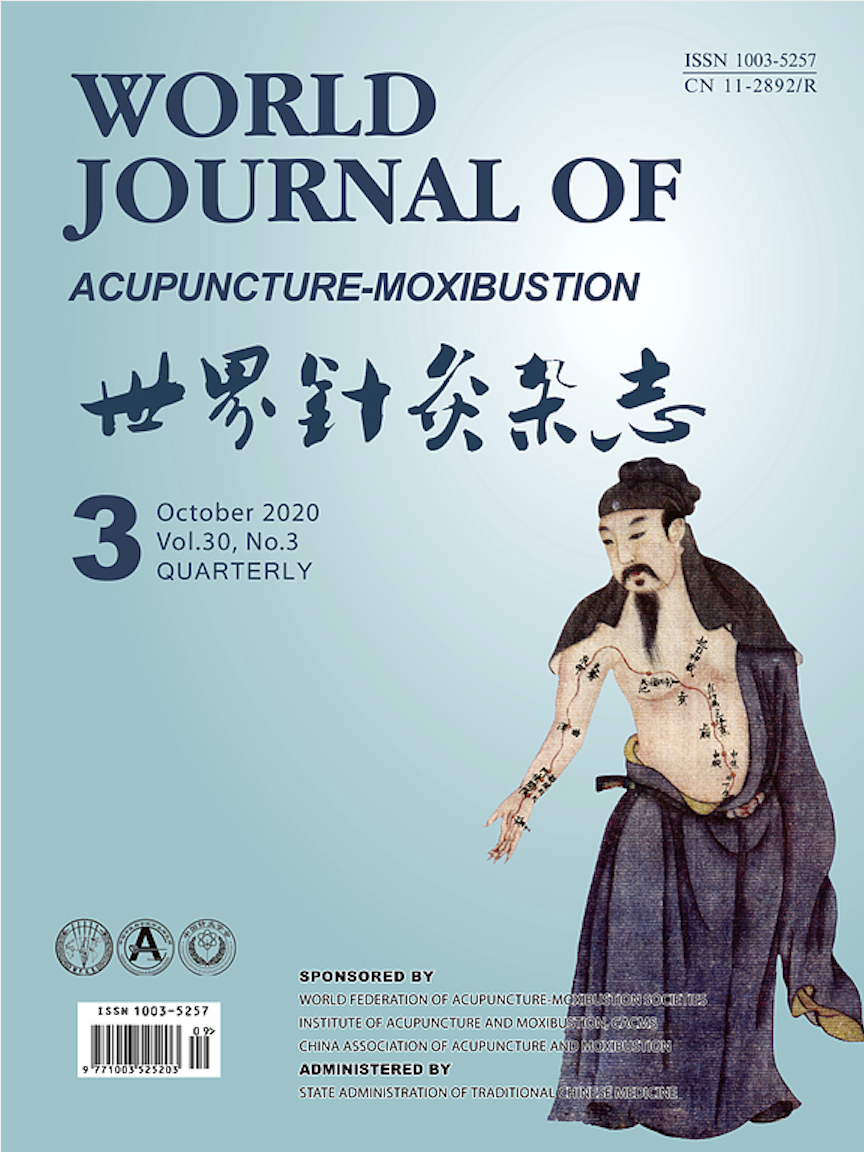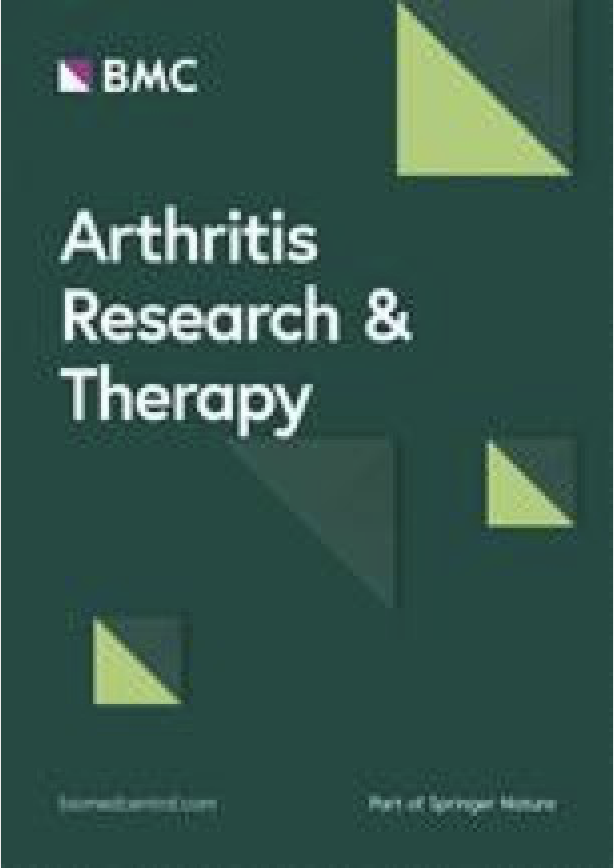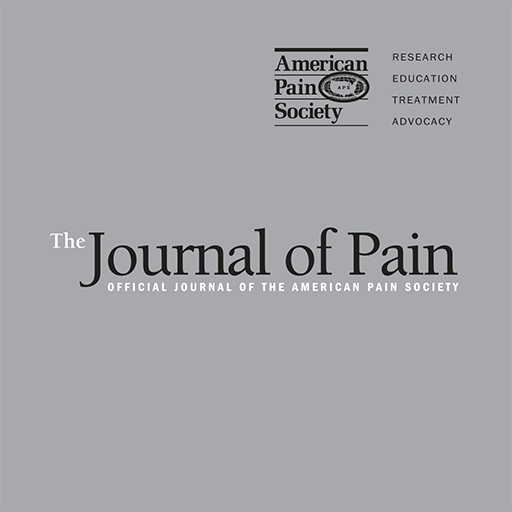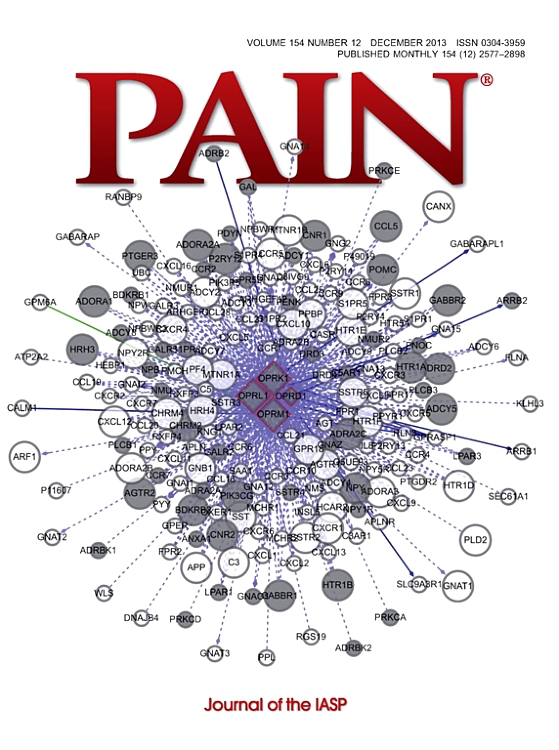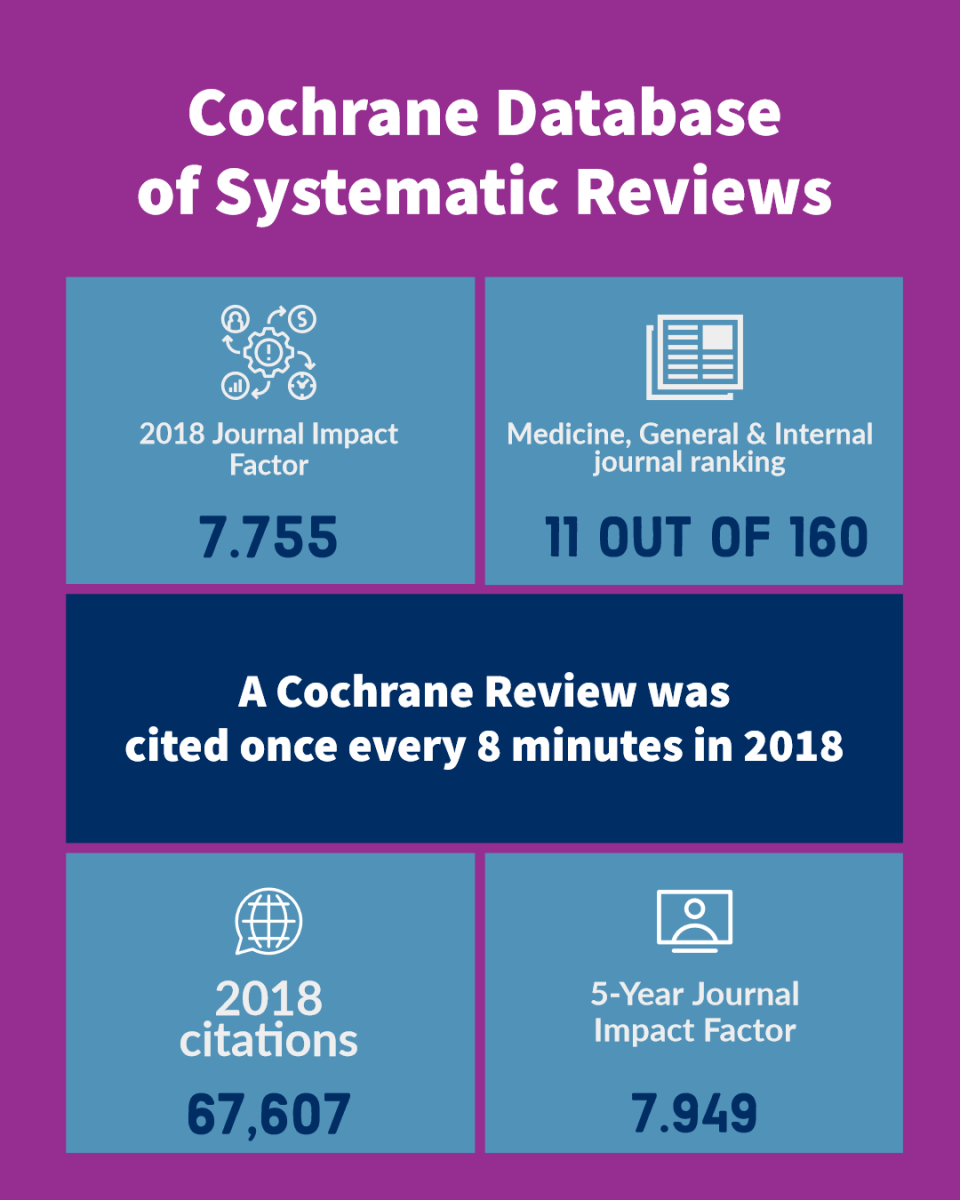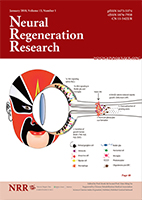
Acupuncture for Chronic Pain.
Chronic pain imposes a substantial burden on individuals and society which is as great as other more publicised health priorities such as heart disease, cancer and diabetes.
Studies have found that as many as 1 in 5 adults are affected by chronic pain which persists for more than 6 months. Due to limited conventional medical care options beyond symptomatic pain relief, one third of those who live with chronic pain conditions may not be seeking and receiving treatment at all.
What is our clinical experience?
Based on feedback collected from over 463 initial appointments for Chronic Pain, Nerve Pain & Fibromyalgia, 81% of our patients reported improved quality of life after their first 5 appointments. See our detailed benchmarking statistics.
Initial
Consults
463
Average
Appointments
5
Improved
Quality of Life
81%
Refer Family &
Friends
93%
What does the research say?
The following insights are obtained from systematic reviews and analysis of clinical trials investigating the efficacy of Chinese medicine and acupuncture for chronic pain.
Summary of Recent Research
Recent research provides compelling evidence supporting the efficacy of Chinese medicine, particularly acupuncture, in the treatment of various chronic pain conditions. A 2022 study in the Expert Review of Neurotherapeutics found that a six-week course of acupuncture was as effective as six months of conventional drug prophylaxis in treating migraines, highlighting the potential for acupuncture to be integrated into current migraine therapy protocols. Similarly, a randomized controlled trial published in Neurology the same year demonstrated that true acupuncture significantly reduced the frequency of chronic tension-type headaches over an eight-week period. These studies suggest that acupuncture, with its minimal side effects, could be a viable alternative to traditional pharmacological treatments for chronic headache conditions.
Further investigations into acupuncture's broader applications reveal its benefits for other chronic pain conditions as well, such as knee osteoarthritis and diabetic peripheral neuropathy. For instance, a systematic review in BioMed Research International (2022) concluded that acupuncture not only reduced pain but also improved functional activities in patients with knee osteoarthritis. Moreover, research in the Journal of Clinical Pharmacy and Therapeutics (2021) showed that acupuncture effectively improved nerve conduction and clinical symptoms in patients suffering from diabetic peripheral neuropathy. These findings underscore acupuncture's role as a safe and effective alternative to standard medical treatments for reducing pain and enhancing the quality of life in patients with chronic pain conditions, urging further validation through rigorous clinical trials to fully establish its therapeutic potential.
2022 Expert Review of Neurotherapeutics
A 6-week course of acupuncture proves as effective as 6-month drug prophylaxis for migraines, with specific Chinese point selection and stimulation appearing less important.
The study began by revisiting previous research on acupuncture as a treatment for headache, finding shortcomings in many of these studies. It explored the influence of acupuncture on migraine and how it potentially functions. The methodology involved running several large, randomized trials comparing the use of acupuncture to conventional prophylactic drug treatments, spanning a time frame of six weeks to six months, respectively.
In the discussion of the results, it was found that the 6-week acupuncture treatment was just as effective in treating migraines as the 6-month drug treatment. Specific attributes of the acupuncture treatment, such as the selection and stimulation of Chinese points and the depth of the needles, were found to have lower significance than traditionally believed. The paper therefore suggested the integration of acupuncture into existing migraine therapy protocols.
Role of acupuncture in the treatment of migraine Endres HG, Diener HC, Molsberger A
2022 Neurology
True acupuncture over an eight-week period is effective for reducing the frequency of chronic tension-type headache.
In a randomized controlled trial, 218 participants diagnosed with chronic tension-type headache were divided into an intervention group and a control group, with the study conducted from June 2017 to September 2020. The intervention group received 20 true acupuncture sessions over 8 weeks, where each acupuncture point was needled to achieve a sensation, each session lasting 30 minutes. The control group received the same number of superficial acupuncture sessions, serving as a make-believe treatment, where the needling avoided inducing sensations at the acupuncture points.
The results showed a trend towards greater effectiveness of true acupuncture. By week 16, the 'responder rate' (participants reporting at least a 50% reduction in monthly headache days) was higher in the true acupuncture group compared to the superficial acupuncture group, with similar results by week 32. These findings suggest that true acupuncture, involving the creation of a sensation at each acupuncture site, can noticeably reduce chronic tension-type headaches. This was observed without noting significant adverse events, hinting towards the safety of the procedure.
Acupuncture for Patients With Chronic Tension-Type Headache Zheng H, Gao T, Zheng QH, Lu LY, Hou TH, Zhang SS, Zhou SY, Hao XY, Wang L, Zhao L, Liang FR, Li Y
2022 Annals of Medicine
The Gui Zhi-Shao Yao herb pair in traditional Chinese medicine potentially treats chronic pain, anxiety, and depression through interactions with nine key targets.
The methodology in this research utilised network pharmacology to explore the active components of the "Gui Zhi-Shao Yao" herb pair and their possible targets. Initially, 15 active compounds were identified through a series of analysis which revealed about 130 potential targets. By considering the intersections between the targets of the "Gui Zhi-Shao Yao" herb pair and chronic pain, anxiety disorder, and mental depression, nine vital targets were identified and listed in order of importance.
The results discussion revealed that the "Gui Zhi-Shao Yao" herb pairing acted on the nine identified key targets to alleviate chronic pain, anxiety, and depression. Gene ontology and pathway analysis demonstrated that there were 11 primary pathways, including AGE-RAGE signalling pathway, IL-17 signalling pathway, and TNF signalling pathway. These pathways appear to be actively involved in the pathological processes, providing a holistic understanding of how the "Gui Zhi-Shao Yao" herb pair functions therapeutically.
A network pharmacology approach to predict potential targets and mechanisms of “Ramulus Cinnamomi (cassiae) – Paeonia lactiflora†herb pair in the treatment of chronic pain with comorbid anxiety and depression Pan HT, Xi ZQ, Wei XQ, Wang K
2021 Journal of Clinical Pharmacy and Therapeutics
Acupuncture appears to have an effect on diabetic peripheral neuropathy, effectively improving nerve conduction and clinical symptoms.
Acupuncture appears to have an effect on DPN, effectively improving nerve conduction and clinical symptoms. Although the methodological quality of the included studies was generally very low and defects were frequent, our study highlights areas where improvement in methodology is required. There is a need for further study of the pathogenesis of DPN, and for developing a unified standard for methods of acupuncture treatment, acupoint selection, and adverse reactions reporting. Traditional Chinese medical practices such as acupuncture should adopt an evidence-based approach to provide greater confidence in their use.
Acupuncture treatment of diabetic peripheral neuropathy: An overview of systematic reviews Yu B, Li M, Huang H, Ma S, Huang K, Zhong Z, Yu S, Zhang L.
2020 Plants
Pomegranate, due to its polyphenols, flavonoids and fatty acids, exhibits significant pain-relieving effects and could potentially be used as a treatment for various types of pain.
The methodology utilized in the research consisted of conducting a review of scientific articles that met specific inclusion criteria. They focused on the use of different parts of a pomegranate and how they impact different kinds of pain. Special attention was given to the antinociceptive effect of pomegranate, with the potential mechanisms of action being closely scrutinized.
The results of the review have provided evidence that the pomegranate plant contains elements that have an antinociceptive effect and that this effect could be due to the presence of compounds like polyphenols, flavonoids, and fatty acids. The analyses suggest that these effects might be due to the activation of the L-arginine / NO pathway, TRP superfamily members (TRPA1 or TRPV1) and the opioid system. Implications for the field include understanding the mechanisms by which this effect is generated to potentially develop alternative treatments for specific types of pain, aiming to both alleviate discomfort and reduce the adverse effects produced by traditional drugs. The research proposes that the pomegranate could be further considered for the treatment of inflammatory, nociceptive, and neuropathic pain.
Pomegranate as a Potential Alternative of Pain Management: A Review Guerrero-Solano JA, Jaramillo-Morales OA, Velázquez-González C, De la O-Arciniega M, Castañeda-Ovando A, Betanzos-Cabrera G, Bautista M
2019 Neuropediatrics
Currently, acupuncture is considered to be a safe, helpful, and available alternative option for patients who have not responded to or complied with conventional pharmacotherapy.
The authors conducted an exhaustive review of existing literature exploring the use of acupuncture to address migraine headaches in children. This review encompassed understanding the neurobiological mechanisms of acupuncture, studies on adult headaches, pediatric headache studies, consideration of acupuncture's safety, and its application in other health conditions present in children.
The findings of this review suggested that acupuncture emerges as a safe and effective treatment option for migraine in children. Evidence proposes that it can be effectively integrated into the primary treatment regime to reduce the child's discomfort and pain. The effectiveness of acupuncture comes with the added advantage of being safe, with negligible risks, especially important when dealing with young patients. These insights support acupuncture to be seriously considered as an auxiliary treatment strategy for migraines in children.
Acupuncture in Adult and Pediatric Headache: A Narrative Review Doll, E., Threlkeld, B., Graff, D., Clemons, R., Mittel, O., Sowell, M. K.
2019 Headache
There is growing evidence that acupuncture is just as effective and has fewer side effects than many of the standard pharmaceutical agents that are currently used.
Out of the 706 search results, 7 clinical trials, with a total of 1430 participants, met inclusion criteria for trials comparing the effectiveness of acupuncture to standard pharmacologic treatment. Several of the studies showed acupuncture to be more effective than standard pharmacological treatments for migraine prevention; however, methodological heterogeneity precluded aggregation of these data.
Systematic Review: Acupuncture vs Standard Pharmacological Therapy for Migraine Prevention Niushen Zhang, Tim Houle, Nada Hindiyeh, & Sheena K. Aurora
2019 Acupuncture in Medicine
Acupuncture, regardless of the trial design, showed a positive effect on pain-related outcome measures for participants with diabetic peripheral neuropathy.
Acupuncture, regardless of the trial design, showed a positive effect on pain-related outcome measures for participants with DPN. However, a meta-analysis could not be performed owing to the highly heterogeneous outcome measures and limited number of high-quality RCTs available. Findings from this review showed that acupuncture improves symptoms despite the variations in acupuncture dosage, and provides beneficial effects in comparison with vitamin B therapies and no treatment. However, owing to problems with control group suitability and blinding, strong non-specific effects cannot be ruled out.
Acupuncture for the treatment of lower limb diabetic peripheral neuropathy: a systematic review Nash J, Armour M, Penkala S
2019 Acupuncture in Medicine
Acupuncture, regardless of the trial design, showed a positive effect on pain-related outcome measures for participants with diabetic peripheral neuropathy.
Acupuncture, regardless of the trial design, showed a positive effect on pain-related outcome measures for participants with DPN. However, a meta-analysis could not be performed owing to the highly heterogeneous outcome measures and limited number of high-quality RCTs available. Findings from this review showed that acupuncture improves symptoms despite the variations in acupuncture dosage, and provides beneficial effects in comparison with vitamin B therapies and no treatment. However, owing to problems with control group suitability and blinding, strong non-specific effects cannot be ruled out.
Acupuncture for the treatment of lower limb diabetic peripheral neuropathy: a systematic review Nash J, Armour M, Penkala S
2019 World Journal of Acupuncture-Moxibustion
The results of this meta-analysis showed that acupuncture is more effective and safer than medication for migraine.
A total of 13 trails including 1218 participants met the selection criteria. The meta-analysis of 3 articles showed that acupuncture was more effective in reducing the frequency of migraine attacks than medication. The meta-analysis of three articles showed that acupuncture was more effective in reducing the number of migraine days than medication after treatment. The meta-analysis of six articles showed that acupuncture was more effective in reducing VAS after treatment. The meta-analysis of two articles showed that acupuncture was more effective in reducing VAS during follow-up. The meta-analysis of seven articles showed that the total effective rate of acupuncture was higher than that of medication. In addition, fewer adverse effects in acupuncture groups were reported than in medication groups. Overall the quality of the evidence was low.
The results of this meta-analysis showed that acupuncture is more effective and safer than medication for migraine. Acupuncture can be considered a treatment option for patients willing to undergo this treatment. But more high-quality studies, based on standardized, comprehensive and objective evaluation, are required to enhance the reliability of the conclusion.
Acupuncture for migraine: A systematic review and meta-analysis SHEN, Feng-jiao AU - XU, Jia AU - ZHAN, Yi-jun AU - FU, Qin-hui AU - PEI, Jian PY
2019 Arthritis Research & Therapy
Strong electroacupuncture for at least two weeks improves chronic pain management in knee osteoarthritis patients better than weak or sham electroacupuncture.
In this investigation, a multicenter, three-arm parallel, single-blind randomized controlled trial was conducted in which 301 patients suffering from knee osteoarthritis were randomly divided into three groups based on the electroacupuncture current intensity: strong, weak, and sham. Treatments were carried out in five sessions per week over a two-week period. The impact of these treatments was primarily measured by assessing the Visual Analog Scale, conditioned pain modulation function, and the Western Ontario and McMaster Universities Osteoarthritis Index.
After a week of electroacupuncture, a clinically significant improvement was observed in Visual Analog Scale scores and Western Ontario and McMaster Universities Osteoarthritis Index scores, but not in conditioned pain modulation function. However, after two weeks of treatment, improvements were seen in all three primary outcomes when compared to baseline. In terms of enhancing conditioned pain modulation function specifically, both weak and strong electroacupuncture outperformed the sham option, with strong electroacupuncture showing superiority to weak, and resulted in better pain management.
Effects of intensity of electroacupuncture on chronic pain in patients with knee osteoarthritis: a randomized controlled trial Lv, Z., Shen, L., Zhu, B. et al.
2018 Evidence-Based Complementary and Alternative Medicine
There is potential of acupuncture combined with conventional treatment for treating female chronic pelvic pain.
This review suggests the potential of acupuncture combined with conventional treatment compared to conventional treatment alone for treating female chronic pelvic pain. However, there is insufficient evidence to conclude that acupuncture can be recommended as a complementary and alternative (CAM) treatment for women with CPP. To draw a firm conclusion, future studies should require not only lager, more rigorously designed RCTs but also research on different acupuncture treatment types.
Acupuncture Treatment for Chronic Pelvic Pain in Women: A Systematic Review and Meta-Analysis of Randomized Controlled Trials Sung SH, Sung ADM, Sung HK, An TEB, Kim KH, Park JK
2017 The Journal of Pain
Acupuncture has a clinically relevant effect on chronic pain that persists over time. Referral for acupuncture treatment is a reasonable option for chronic pain patients.
We included randomized trials of acupuncture needling versus either sham acupuncture or no acupuncture control for nonspecific musculoskeletal pain, osteoarthritis, chronic headache, or shoulder pain. Trials were only included if allocation concealment was unambiguously determined to be adequate. Raw data were obtained from study authors and entered into an individual patient data meta-analysis. The main outcome measures were pain and function. An additional 13 trials were identified, with data received for a total of 20,827 patients from 39 trials. Acupuncture was superior to sham as well as no acupuncture control for each pain condition (all P < .001) with differences between groups close to .5 SDs compared with no acupuncture control and close to .2 SDs compared with sham. We also found clear evidence that the effects of acupuncture persist over time with only a small decrease, approximately 15%, in treatment effect at 1 year.
Acupuncture is effective for the treatment of chronic musculoskeletal, headache, and osteoarthritis pain. Treatment effects of acupuncture persist over time and cannot be explained solely in terms of placebo effects. Referral for a course of acupuncture treatment is a reasonable option for a patient with chronic pain.
Acupuncture for Chronic Pain: Update of an Individual Patient Data Meta-Analysis Vickers, Andrew J. et al.
2017 The Journal of Pain
Acupuncture has a clinically relevant effect on chronic pain that persists over time. Referral for acupuncture treatment is a reasonable option for chronic pain patients.
We included randomized trials of acupuncture needling versus either sham acupuncture or no acupuncture control for nonspecific musculoskeletal pain, osteoarthritis, chronic headache, or shoulder pain. Trials were only included if allocation concealment was unambiguously determined to be adequate. Raw data were obtained from study authors and entered into an individual patient data meta-analysis. The main outcome measures were pain and function. An additional 13 trials were identified, with data received for a total of 20,827 patients from 39 trials. Acupuncture was superior to sham as well as no acupuncture control for each pain condition (all P < .001) with differences between groups close to .5 SDs compared with no acupuncture control and close to .2 SDs compared with sham. We also found clear evidence that the effects of acupuncture persist over time with only a small decrease, approximately 15%, in treatment effect at 1 year.
Acupuncture is effective for the treatment of chronic musculoskeletal, headache, and osteoarthritis pain. Treatment effects of acupuncture persist over time and cannot be explained solely in terms of placebo effects. Referral for a course of acupuncture treatment is a reasonable option for a patient with chronic pain.
Acupuncture for Chronic Pain: Update of an Individual Patient Data Meta-Analysis Vickers, Andrew J. et al.
2017 Pain
Patients with chronic pain can generally be reassured that treatment effects persist after a course of treatment with acupuncture.
The available individual patient data set included 29 trials and 17,922 patients. The chronic pain conditions included musculoskeletal pain (low back, neck, and shoulder), osteoarthritis of the knee, and headache/migraine. We used meta-analytic techniques to determine the trajectory of posttreatment pain scores. Data on longer term follow-up were available for 20 trials, including 6376 patients. In trials comparing acupuncture to no acupuncture control (wait-list, usual care, etc), effect sizes diminished by a nonsignificant 0.011 SD per 3 months after treatment ended. The central estimate suggests that approximately 90% of the benefit of acupuncture relative to controls would be sustained at 12 months. For trials comparing acupuncture to sham, we observed a reduction in effect size of 0.025 SD per 3 months, suggesting approximately a 50% diminution at 12 months.
The effects of a course of acupuncture treatment for patients with chronic pain do not seem to decrease importantly over 12 months. Patients can generally be reassured that treatment effects persist. Studies of the cost-effectiveness of acupuncture should take our findings into account when considering the time horizon of acupuncture effects. Further research should measure longer term outcomes of acupuncture.
The persistence of the effects of acupuncture after a course of treatment: a meta-analysis of patients with chronic pain MacPherson, H; Vertosick, E.A; Foster, N.E; Lewith, G; Linde, K; Sherman, K.J; Witt, C.M; Vickers, A.J
2016 Cochrane Database of Systematic Reviews
The available evidence suggests that a course of acupuncture consisting of at least six treatment sessions can be a valuable option for people with frequent tension-type headache.
Acupuncture added to usual care or treatment of headaches only on onset (usually with pain-killers) in two large trials resulted in 48 in 100 participants having headache frequency at least halved, compared to 17 of 100 participants given usual care only.
Acupuncture was compared with ‘fake’ acupuncture, where needles are inserted at incorrect points or do not penetrate the skin, in six trials. Headache frequency halved in 52 of 100 participants receiving true acupuncture compared with 43 of 100 participants receiving ‘fake’ acupuncture. The results were dominated by one large, good quality trial (with about 400 participants), which showed that the effect of true acupuncture was still present after six months. There were no differences in the number of side effects of real and ‘fake’ acupuncture, or the numbers dropping out because of side effects.
Acupuncture for the prevention of tensionâ€type headache Klaus Linde,Gianni Allais,Benno Brinkhaus, Yutong Fei,Michael Mehring,Byungâ€Cheul Shin,Andrew Vickers,Adrian R White
2016 Neural Regeneration Research
A 14-session course of needling at Fengchi is relatively safe for treating posterior circulation ischemia with vertigo.
Acupuncture at Fengchi (GB20) in the posterior neck improves vertigo. However, subarachnoid hemorrhage and spinal epidural hematoma have been reported to occur after acupuncture in the posterior neck. Therefore, in the present study, we assessed the safety of acupuncture at Fengchi.
Of the 136 patients, 120 completed the study. There were no significant differences between pretreatment and posttreatment test results in any of the groups. Only five patients suffered from minor adverse events (needling pain, slight hematoma and transient chest tightness). No serious adverse events were found. Our results indicate that a 14-session course of needling at Fengchi is relatively safe for treating posterior circulation ischemia with vertigo.
Safety of different acupuncture manipulations for posterior circulation ischemia with vertigo Wen Y, Zhang C, Zhao Xf, Deng Sz, He S, Huang Lh, Tian G, Meng Zh
2015 Neurology
The majority of trials demonstrate a positive effect of acupuncture over control condition in the treatment of neuropathy.
The majority of RCTs reviewed showed clear benefit for acupuncture over control in the treatment of diabetic neuropathy, Bell’s palsy and carpal tunnel syndrome. Acupuncture is probably effective in the treatment of HIV-related neuropathy and there is insufficient evidence for its benefits in idiopathic neuropathy. Meta-analyses of all diabetic neuropathy and bell’s palsy data using a summary estimate random effects model showed combined Odds Ratio (OR) of 4.23, p<0.001 favoring acupuncture over control for pain outcomes. The majority of trials demonstrate a positive effect of acupuncture over control condition in the treatment of neuropathy. Further more rigorously designed studies are needed to better characterize this effect.
Effects of Acupuncture on Neuropathic Pain: A Systematic Review and Meta-analysis Alexandra Dimitrova, Charles Murchison, Barry Oken
2015 Neurology
The majority of trials demonstrate a positive effect of acupuncture over control condition in the treatment of neuropathy.
The majority of RCTs reviewed showed clear benefit for acupuncture over control in the treatment of diabetic neuropathy, Bell’s palsy and carpal tunnel syndrome. Acupuncture is probably effective in the treatment of HIV-related neuropathy and there is insufficient evidence for its benefits in idiopathic neuropathy. Meta-analyses of all diabetic neuropathy and bell’s palsy data using a summary estimate random effects model showed combined Odds Ratio (OR) of 4.23, p<0.001 favoring acupuncture over control for pain outcomes. The majority of trials demonstrate a positive effect of acupuncture over control condition in the treatment of neuropathy. Further more rigorously designed studies are needed to better characterize this effect.
Effects of Acupuncture on Neuropathic Pain: A Systematic Review and Meta-analysis Alexandra Dimitrova, Charles Murchison, Barry Oken
2001 Cochrane Database of Systematic Reviews
The existing evidence supports the value of acupuncture for the treatment of idiopathic headaches.
Due to the clinical heterogeneity and the poor methodological quality of the included studies, straightforward recommendations for clinical practice cannot be made. Overall, some forms of acupuncture seem to be beneficial, but it is unclear which treatment strategies (points, type of stimulation, frequency, etc.) and which providers may be most promising for particular groups of patients.
Though not riskâ€free, acupuncture seems to be relatively safe in the hands of qualified providers. Therefore, we conclude that headache patients who want to try acupuncture should not be discouraged. Existing provision of acupuncture to headache patients also seems justified. Whether acupuncture should be more widely recommended and, if so, which particular type of acupuncture should be offered, are questions that cannot be answered at present.
Acupuncture for idiopathic headache Melchart D, Linde K, Berman B, White A, Vickers A, Allais G, Brinkhaus B
Consult with our practitioners for personalised care and advice.
Although well-conducted clinical research can help members of the public to make better-informed decisions about their healthcare, we cannot claim that any particular treatment may be effective for any individual person.
When you consult with our Chinese medicine practitioners, you'll receive personalised advice and treatment based on your symptoms and Chinese medicine diagnosis.
Scientific References
Browse our collection of scientific clinical research on acupuncture for chronic pain.
It includes recent and reputable papers published by peer-reviewed journals within the last 10 years.

2022, Sep
Role of acupuncture in the treatment of migraine
Expert Review of Neurotherapeutics
The review suggests that acupuncture should be integrated into existing migraine therapy protocols.
Endres HG, Diener HC, Molsberger A Full Article

2022, Jun 22
Acupuncture for Patients With Chronic Tension-Type Headache
Neurology American Academy of Neurology
The 8-week true acupuncture (TA) treatment was effective for the prophylaxis of chronic tension-type headache (CTTH).
Zheng H, Gao T, Zheng QH, Lu LY, Hou TH, Zhang SS, Zhou SY, Hao XY, Wang L, Zhao L, Liang FR, Li Y Full Article

2022, Jan 31
A network pharmacology approach to predict potential targets and mechanisms of “Ramulus Cinnamomi (cassiae) – Paeonia lactiflora†herb pair in the treatment of chronic pain with comorbid anxiety and depression
Annals of Medicine
This study preliminarily predicted and verified the pharmacological and molecular mechanisms of “Gui Zhi–Shao Yao†herb pair for treating CP with comorbid AD and MD from a holistic perspective. In vivo and in vitro experiments will be required to further investigate the mechanisms.
Pan HT, Xi ZQ, Wei XQ, Wang K Full Article

2021, Jan 28
Acupuncture treatment of diabetic peripheral neuropathy: An overview of systematic reviews
Journal of Clinical Pharmacy and Therapeutics
Acupuncture appears to have an effect on DPN, effectively improving nerve conduction and clinical symptoms. Although the methodological quality of the included studies was generally very low and defects were frequent, our study highlights areas where improvement in methodology is required. There is a need for further study of the pathogenesis of DPN, and for developing a unified standard for methods of acupuncture treatment, acupoint selection, and adverse reactions reporting. Traditional Chinese medical practices such as acupuncture should adopt an evidence-based approach to provide greater confidence in their use.
Yu B, Li M, Huang H, Ma S, Huang K, Zhong Z, Yu S, Zhang L. Full Article

2020, Mar 30
Pomegranate as a Potential Alternative of Pain Management: A Review
Plants
Different parts of pomegranate were found to have an antinociceptive effect, potentially through the activation of specific pathways and systems such as the L-arginine/NO pathway, TRP superfamily, and the opioid system, suggesting its potential use in the treatment of inflammatory, nociceptive, and neuropathic pain.
Guerrero-Solano JA, Jaramillo-Morales OA, Velázquez-González C, De la O-Arciniega M, Castañeda-Ovando A, Betanzos-Cabrera G, Bautista M Full Article

2019, Aug 29
Acupuncture in Adult and Pediatric Headache: A Narrative Review
Neuropediatrics
In this article, the authors conduct a review of acupuncture in pediatric headache, including neurobiological mechanisms, adult headache studies, pediatric headache studies, safety, and use of acupuncture in other conditions in children. Acupuncture appears to be safe and effective for the treatment of migraine in children.
Doll, E., Threlkeld, B., Graff, D., Clemons, R., Mittel, O., Sowell, M. K. Full Article

2019, Dec 24
Systematic Review: Acupuncture vs Standard Pharmacological Therapy for Migraine Prevention
Headache American Headache Society
This systematic review of randomised controlled trials articles showed that acupuncture is just as effective for treating migraine. It also has fewer side effects than many of the standard modern pharmaceutical agents. Patients also reported to use less pharmacological drugs after treatments.
Niushen Zhang, Tim Houle, Nada Hindiyeh, & Sheena K. Aurora Full Article

2019, Feb 22
Acupuncture for the treatment of lower limb diabetic peripheral neuropathy: a systematic review
Acupuncture in Medicine British Medical Acupuncture Society
Acupuncture for DPN appears to improve symptoms. However, the application of acupuncture varies greatly, and the quality of included studies was generally low. Available studies have varying methodologies and different outcome measures. Further, suitably powered studies using appropriate DPN outcome measures are required.
Nash J, Armour M, Penkala S Full Article

2019, Mar
Acupuncture for migraine: A systematic review and meta-analysis
World Journal of Acupuncture-Moxibustion World Federation of Acupuncture-Moxibustion Societies
The results of this meta-analysis showed that acupuncture is more effective and safer than medication for migraine. Patients in acupuncture group found acupuncture to be better than medication for migraine treatment and prophylaxis
SHEN, Feng-jiao AU - XU, Jia AU - ZHAN, Yi-jun AU - FU, Qin-hui AU - PEI, Jian PY Full Article

2019, May 14
Effects of intensity of electroacupuncture on chronic pain in patients with knee osteoarthritis: a randomized controlled trial
Arthritis Research & Therapy
Electroacupuncture should be administered for at least 2 weeks to exert a clinically important effect on improving conditioned pain modulation function of knee osteoarthritis patients. Strong electroacupuncture is better than weak or sham electroacupuncture in alleviating pain intensity and inhibiting chronic pain.
Lv, Z., Shen, L., Zhu, B. et al. Full Article

2018, Sep 27
Acupuncture Treatment for Chronic Pelvic Pain in Women: A Systematic Review and Meta-Analysis of Randomized Controlled Trials
Evidence-Based Complementary and Alternative Medicine
The results of our review and meta-analysis suggest the effectiveness of AT combined with CT for treating women with CPP compared to use of CT alone. However, current evidence is insufficient to verify the efficacy of AT for CPP because of the small number of RCTs and low methodological quality and heterogeneity of interventions. Therefore, larger, more rigorous and adequately powered multicentre RCTs are needed to provide clinical guidelines for AT in treating female CPP patients.
Sung SH, Sung ADM, Sung HK, An TEB, Kim KH, Park JK Full Article

2017, Nov 30
Acupuncture for Chronic Pain: Update of an Individual Patient Data Meta-Analysis
The Journal of Pain American Pain Society
Acupuncture has a clinically relevant effect on chronic pain that persists over time. The effect of acupuncture cannot be explained only by placebo effects. Factors in addition to the specific effects of needling are important contributors. Referral for acupuncture treatment is a reasonable option for chronic pain patients.
Vickers, Andrew J. et al. Full Article

2017, May
The persistence of the effects of acupuncture after a course of treatment: a meta-analysis of patients with chronic pain
Pain International Association for the Study of Pain
The effects of a course of acupuncture treatment for patients with chronic pain do not seem to decrease importantly over 12 months. Patients can generally be reassured that treatment effects persist. Studies of the cost-effectiveness of acupuncture should take our findings into account when considering the time horizon of acupuncture effects. Further research should measure longer term outcomes of acupuncture.
MacPherson, H; Vertosick, E.A; Foster, N.E; Lewith, G; Linde, K; Sherman, K.J; Witt, C.M; Vickers, A.J Full Article

2016, Apr 19
Acupuncture for the prevention of tensionâ€type headache
Cochrane Database of Systematic Reviews Cochrane
The available results suggest that acupuncture is effective for treating frequent episodic or chronic tensionâ€type headaches. Patients in acupuncture group reported to have at least 50% reduction of headache frequency compared to placebo group.
Klaus Linde,Gianni Allais,Benno Brinkhaus, Yutong Fei,Michael Mehring,Byungâ€Cheul Shin,Andrew Vickers,Adrian R White Full Article

2016, Sep 6
Safety of different acupuncture manipulations for posterior circulation ischemia with vertigo
Neural Regeneration Research
Our results indicate that a 14-session course of needling at Fengchi is relatively safe for treating posterior circulation ischemia with vertigo.
Wen Y, Zhang C, Zhao Xf, Deng Sz, He S, Huang Lh, Tian G, Meng Zh Full Article

2015, May 8
Effects of Acupuncture on Neuropathic Pain: A Systematic Review and Meta-analysis
Neurology American Academy of Neurology
The majority of trials demonstrate a positive effect of acupuncture over control condition in the treatment of neuropathy. Further more rigorously designed studies are needed to better characterize this effect.
Alexandra Dimitrova, Charles Murchison, Barry Oken Full Article

2001, Jan 22
Acupuncture for idiopathic headache
Cochrane Database of Systematic Reviews Cochrane
Overall, the existing evidence supports the value of acupuncture for the treatment of idiopathic headaches.
Melchart D, Linde K, Berman B, White A, Vickers A, Allais G, Brinkhaus B Full Article
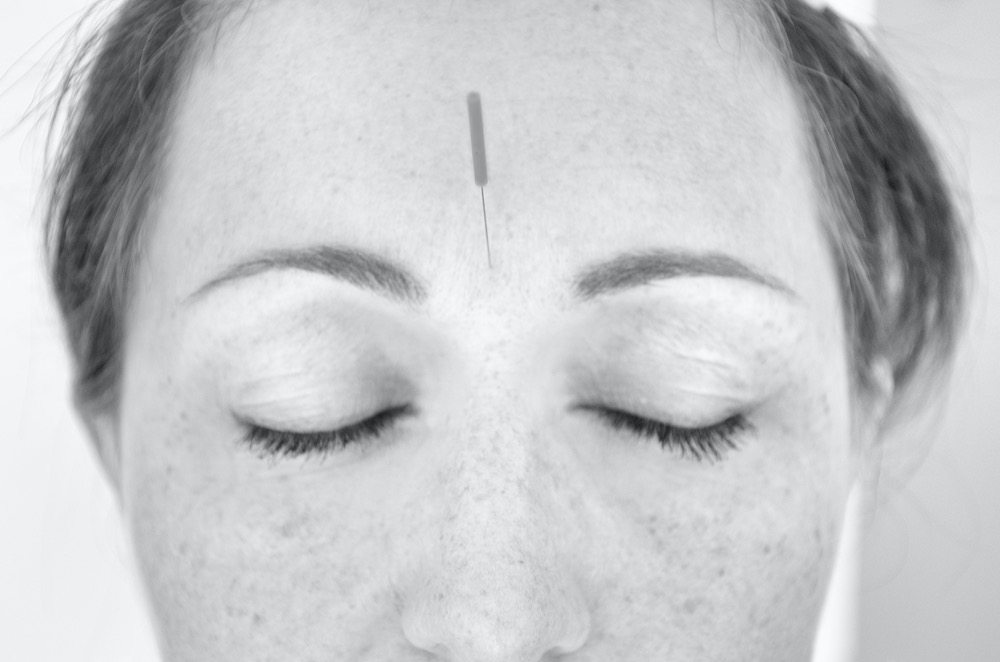
“It is by virtue of the twelve channels that human life exists, that disease arises, that human beings can be treated and illness cured. The twelve channels are where beginners start and masters end.” The Classic of Acupuncture
Circa 1st Century BCE
